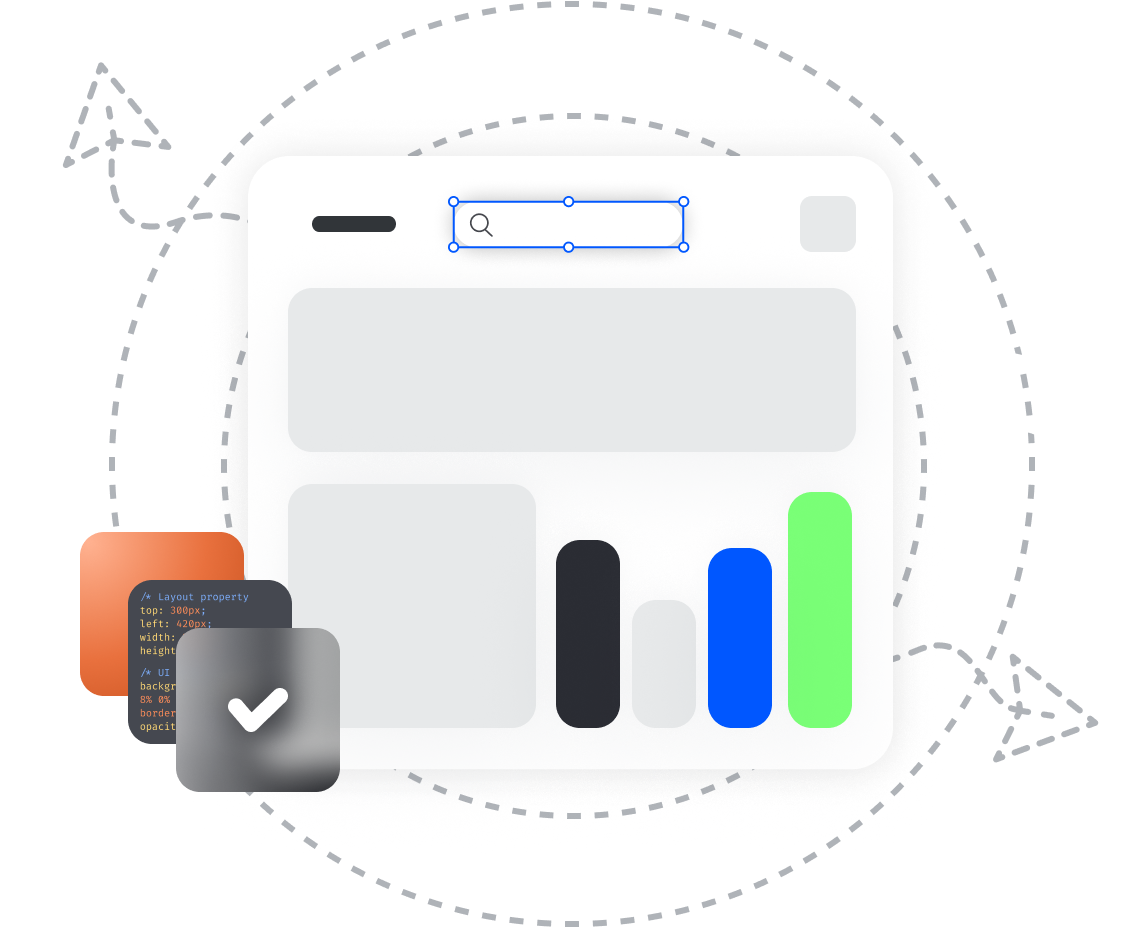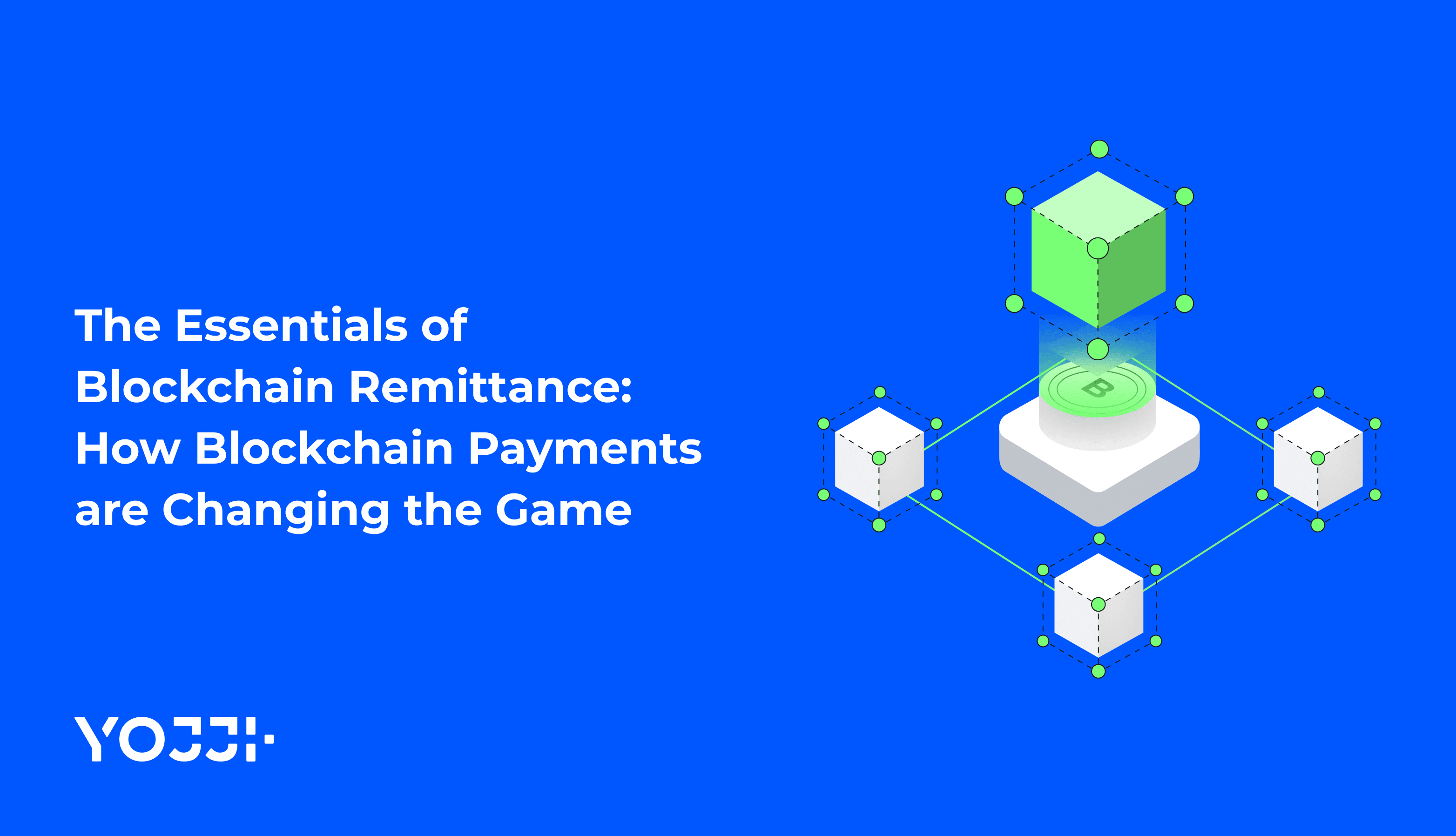Costs Of Hiring An App Developer in 2023

Multiple companies have launched their own mobile apps throughout recent years, even though it’s a daunting task to build an app. Then why spend so much money, time, and energy? There are several considerable benefits:
- Mobile apps increase sales.
It’s not a secret that people spend hours each day using different apps, and one of them may be yours. A mobile app is an excellent channel for reaching your customers and encouraging them to buy your goods or services. How? Just consider push notifications about special offers or new products.
- Mobile apps inspire great loyalty from customers.
Constant interactions can significantly increase brand loyalty. Your task is to build an app that is user-friendly and encourages user engagement. Then your customers will know that you care for them and stay loyal.
- Mobile apps make communication with customers easier.
Customers may want to get additional information about your company and offers. They can reach you via a mobile app 24/7 with minimum time and effort but with maximum convenience.
- Mobile apps are a source of valuable analytics.
You should know your customers well to grow. If they use your mobile app, you can collect relevant information about them. Data about your audience’s interests, geolocation, and demographics will help you adjust your products or services to successfully fulfill customers’ needs.
Okay, now you know the main benefits of mobile apps for businesses, so you may want to build an app for your company. Unless you have an enormous amount of time and are a skilled programmer, you’ll need to hire an app developer.
Factors To Consider
There several questions that you must ask yourself before getting down to hiring anyone:
- What primary functions my mobile app will have?
- What is my budget for building an app?
- What skills should a programmer possess to turn my ideas into reality?
Of course, the best option is to find the cheapest solution without compromising quality. Still, it may be highly challenging to achieve.
There are programmers with an hourly rate of $10. In contrast, some developers may charge you more than $100 per hour. You may also hire a freelance developer, in-house employer, or an agency. Multiple options are available nowadays. You need to consider combinations of different factors that determine costs to choose the option that fits your specific business needs well. These factors can be categorized into two groups: the characteristics of an app developer and the characteristics of a project.

The Characteristics Of An App Developer
- Work Format
You may hire an in-house or remote employee, freelance programmer, or an agency. Hourly rates will differ in each case.
If you run long-term projects, the best decision is to hire full-time programmers. Their hourly rates are often similar to those of freelancers. Anyway, you also have to add payroll tax, training, different types of insurance, bonuses, HR activities, etc. According to Stack Overflow, a median annual salary of a mobile developer is $120,000 (an hourly rate of $58) in the US. Although expenses may be huge while hiring full-time employees, risks are low, and quality is high.
If you run short-term projects, a freelance worker or an agency is the right choice. The first option is cheaper, but the quality of your app may be unsteady. The second option is more expensive, but your project will be more flexible to scale or reduce resources when needed.
You must be aware of your specific business needs and budget before making a choice.
- Programmer Level And Reputation
Of course, those programmers who have years of experience behind and many positive reviews are likely to charge much. At the same time, you can safely rely on them. App developers who only start their careers will cost significantly less, yet you shouldn’t assign them critical tasks.
In general, there are five programmer levels: trainee, junior, mid-level, senior, and architect. A median annual salary of a software architect is $140,000 (an hourly rate of $67) in the US. They work independently and fast, as well as complete highly complex tasks. A median annual salary of a trainee programmer is $61,000 (an hourly rate of $29) in the US. Their work speed is long, and they need supervision and training.
You should also pay attention to whether your candidates have reviews or not, and if they have, carefully examine them. Programmers who have positive reviews will cost more, and you can be confident in the quality of their work.
- Region
Since the beginning of the pandemic, more and more people have started to work remotely. Now employers consider hiring a programmer from a different world region more often. Why? The reason is evident - it can significantly save costs.
An average median salary of a mobile developer worldwide is almost three times lower than in the US. A global average hourly rate of a mobile developer is $20. The difference is striking, but there are other vital aspects to consider. For example, different time zones, foreign cultural values, and unsteady reliability. They may make a negative impact on the quality of your mobile app.
If you work to tight deadlines and have no time to experiment, it is recommended to hire local app developers. On the other hand, if you have enough time to perform experiments, you should give programmers from different world regions a try. Their good performance and cost-effectiveness may surprise you.
- Technology
You should determine the language used to create your mobile app at the beginning of the project. Remember that you’ll not be able to change it later. You need to understand your business requirements before picking up the right technology.
The most widely used languages are JavaScript, HTML/CSS, SQL, Python, Java, C#, and PHP. If the code for your application is written in one of them, you’ll save on expenses. In contrast, if you choose Scala, Rust, Ruby, or Go that are used not very often, you’ll have to pay a programmer more. For instance, according to Stack Overflow, an annual salary of a PHP developer is $39,000 (an hourly rate of $18) worldwide, while the one of a Scala developer is $76,000 (an hourly rate of $35).
The Characteristics Of A Project
- Complexity Of A Mobile App
For sure, the cost of building an app like Uber will be incredibly high. At the same time, a programmer who develops a simple calculator will charge only a small amount of money. Mobile app development projects can take several days and up to six months, depending on their complexity and the size of a team working on them. Therefore, take into account the time needed to build your app before determining the budget.
If you need someone to fix bugs, add new features, or do tests, you may hire a freelance developer with a relatively low hourly rate. The complexity level of these tasks is low, so you don’t need to invest much in them. However, if the quality is your top priority and money isn’t an issue, you can choose a different approach.
If you want an employee to perform UI or OS updates, you can also hire a freelance programmer or an agency. Don’t be afraid of high hourly rates, as some developers can complete the same tasks twice faster than their colleagues.
If the complexity of your project is high, consider hiring a full-time remote or in-house programmer. For example, you may need a developer to build an app or handle some security issues. Be ready to pay them a generous salary to achieve the best results. Don’t try to save on costs while dealing with complex tasks, as it’s likely to lead to enormous expenses in the future.
- Mobile Platform
Do you need to build an app specifically for Android or iOS? Or do you want to launch a hybrid, web, or cross-platform mobile app? Developing native apps will cost more, as well as take much time. On the other hand, mobile apps that run on different platforms are cheaper and quicker to build. However, every option has its benefits and drawbacks.
It’s more affordable to hire programmers to create hybrid and cross-platform apps. The reason for it is that these activities require the knowledge of widely used technologies, such as JavaScript and HTML/CSS.
Conclusion
It’s impossible to arrive at a clear and complete answer to ‘how much does it cost to hire an app developer?’ A number of different factors influence the salary of programmers. It can vary from an hourly rate of $10 to $100 and even more. Your main task is to carefully consider all the factors and make the right choice, taking into account your business needs.
You may want to build an excellent app that will increase your sales, brand loyalty, and communication quality. Our Yojji team is willing to help you, delivering high-quality results at a reasonable cost.

Yojji successfully delivered the project within schedule. They demonstrated excellent project management via weekly sprint demos and promptly made adjustments based on the client's feedback. Their responsiveness and collaborative attitude were key elements of their work.

5.0
Yojji was an instrumental part of the client’s team, working closely with them to achieve the product’s success. The team was very collaborative and timely, and their performance was amazing. Additionally, their resources were experienced, professional, and enjoyable to work with.

5.0
Yojii is impressive both in quality of development work as well as their commitment. Strong focus on delivery, highly technical personnel, flexible approach that allows for rapid development. Strong processes that allow for solid controls.

5.0
We’re very happy with the way that Yojji works, which is why we’ve spent so much money and engaged them for such a long time. We treat them as employees in regard to responsibilities and expectations, and they haven’t disappointed us.

5.0
As a company, we find Yojji to be excellent development partners - we cannot recommend them more highly and will be very happy to continue working with them in the future.

5.0
They are really nice people with excellent technical backgrounds.

5.0
We used Agile project management methodology and were in contact with the team and project manager daily.

5.0
They all had a super positive outlook and were dedicated to getting the work completed to a high standard.

5.0
Yojji has delivered an accessible product with thorough consideration for the client's requirements. Users have commented on the platform's user-friendliness and speed. Moreover, the team is easy to communicate with and provides frequent updates. Their development and design skills are impressive.

5.0





